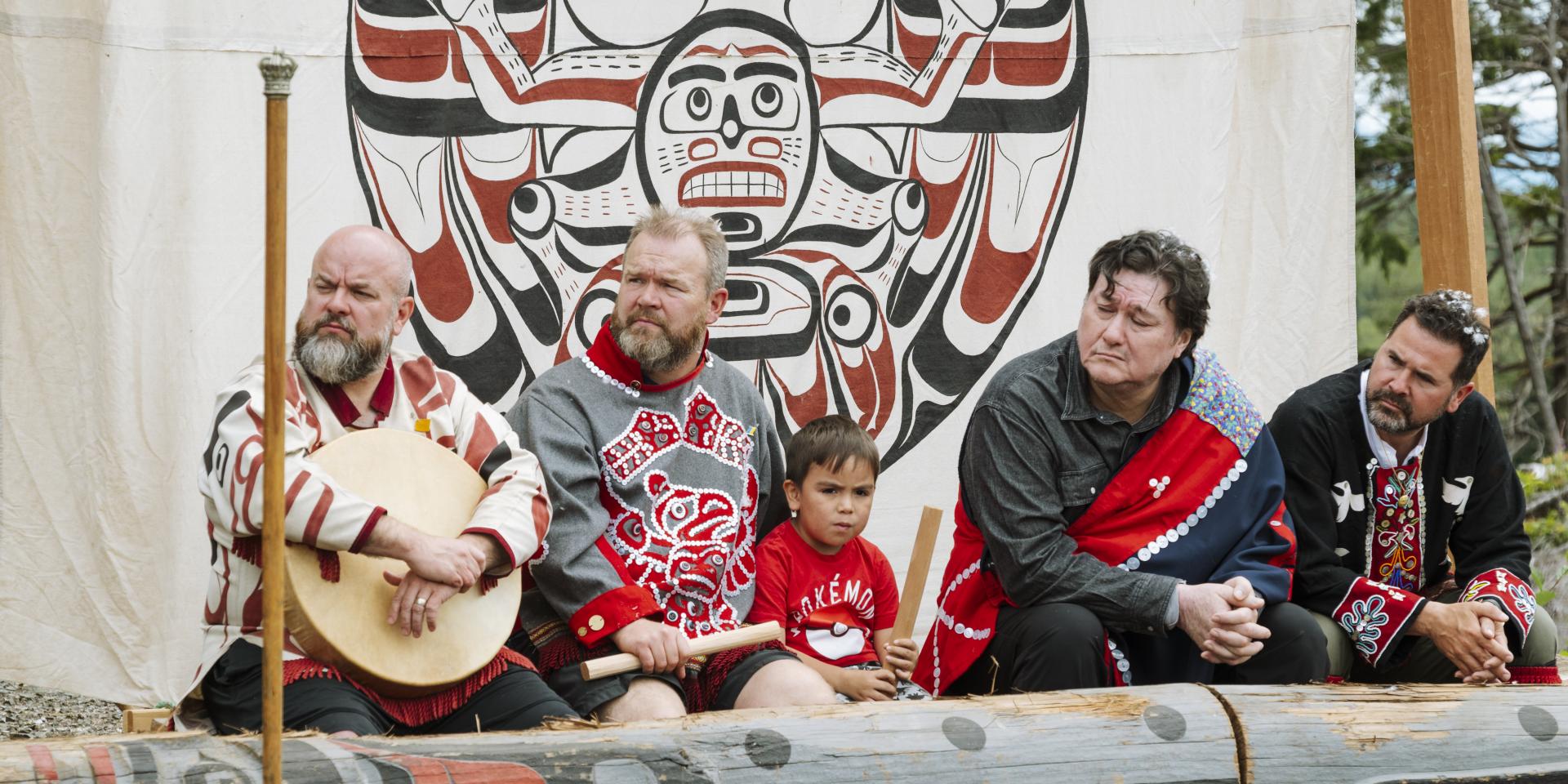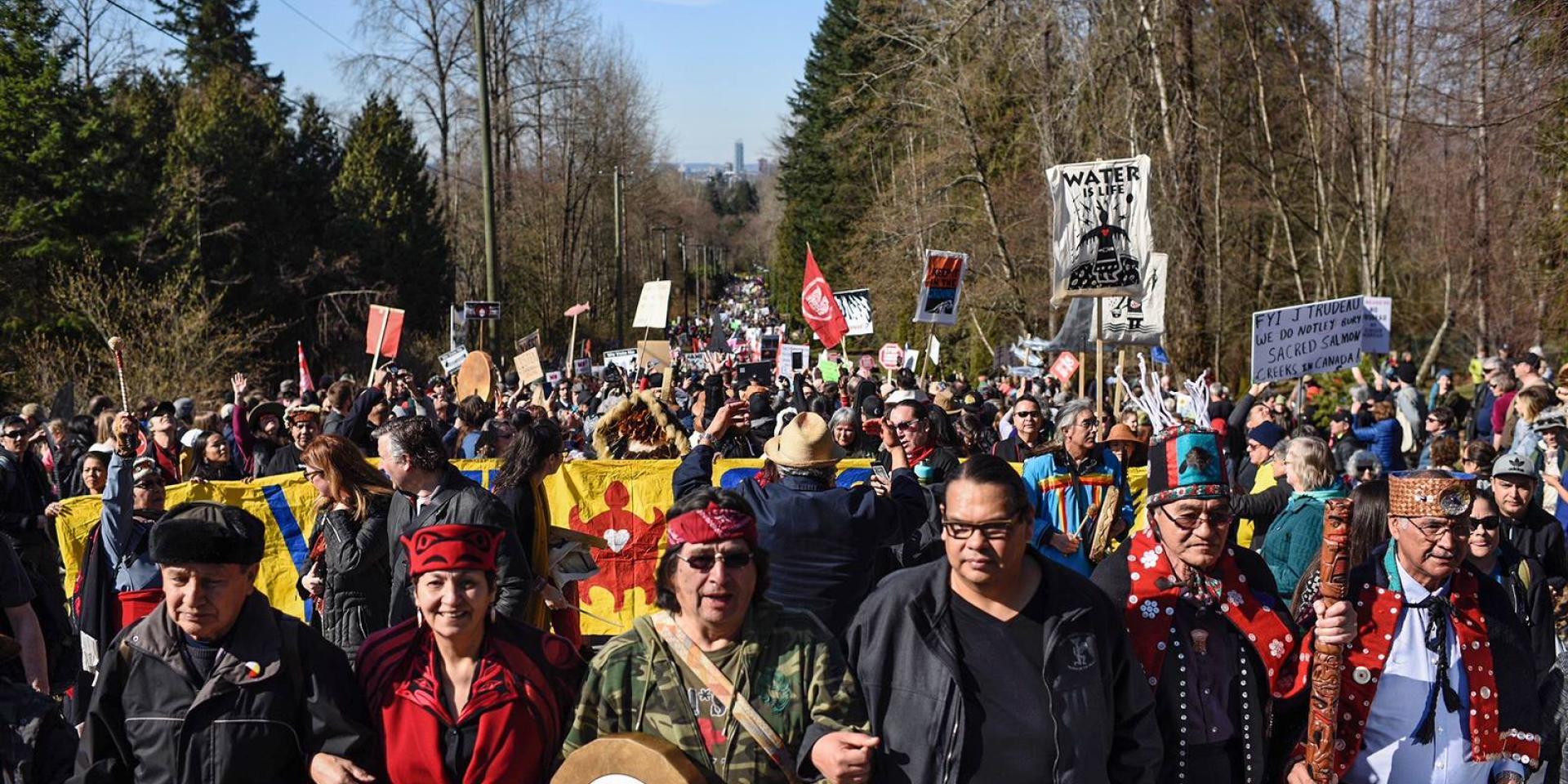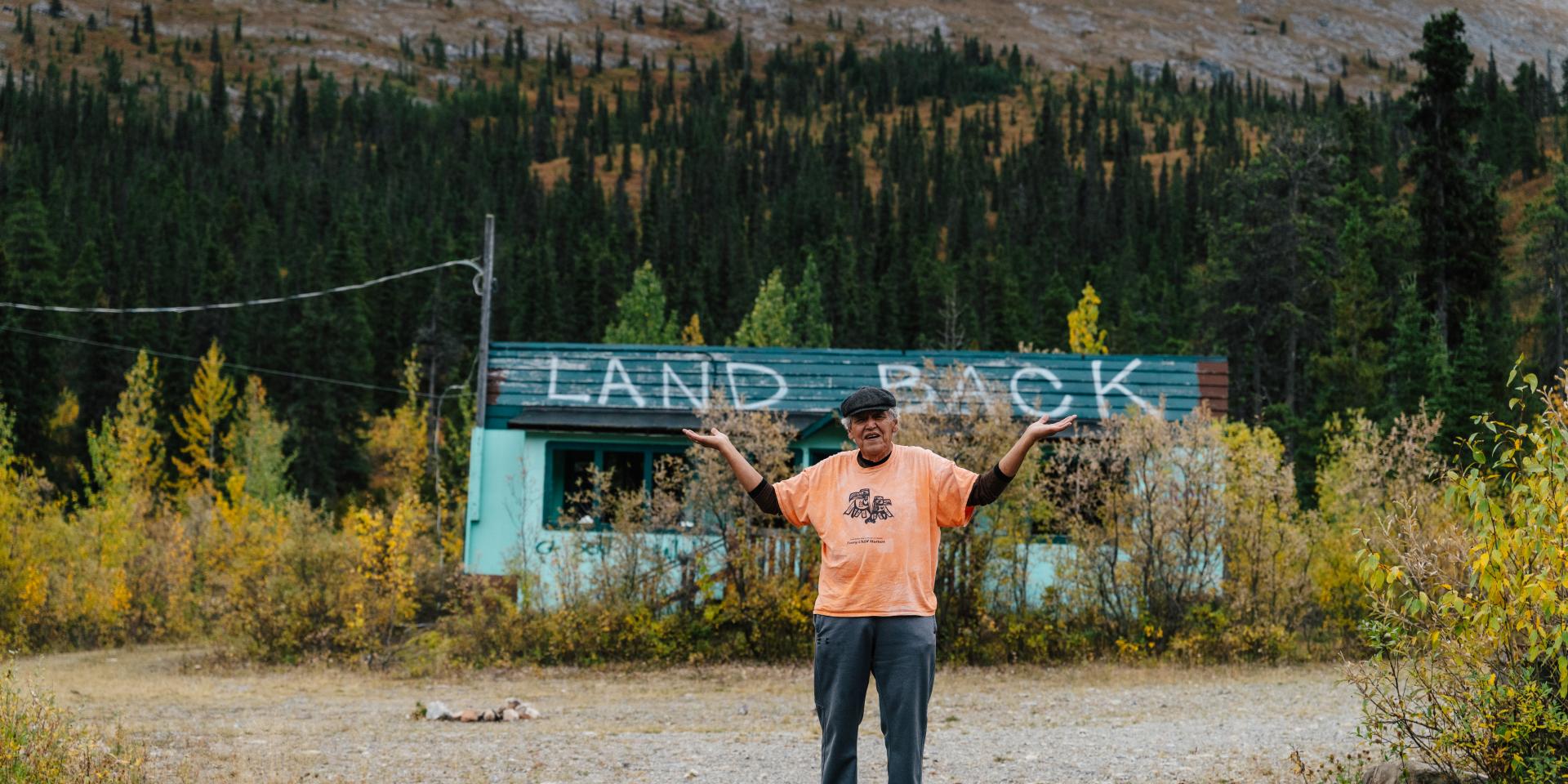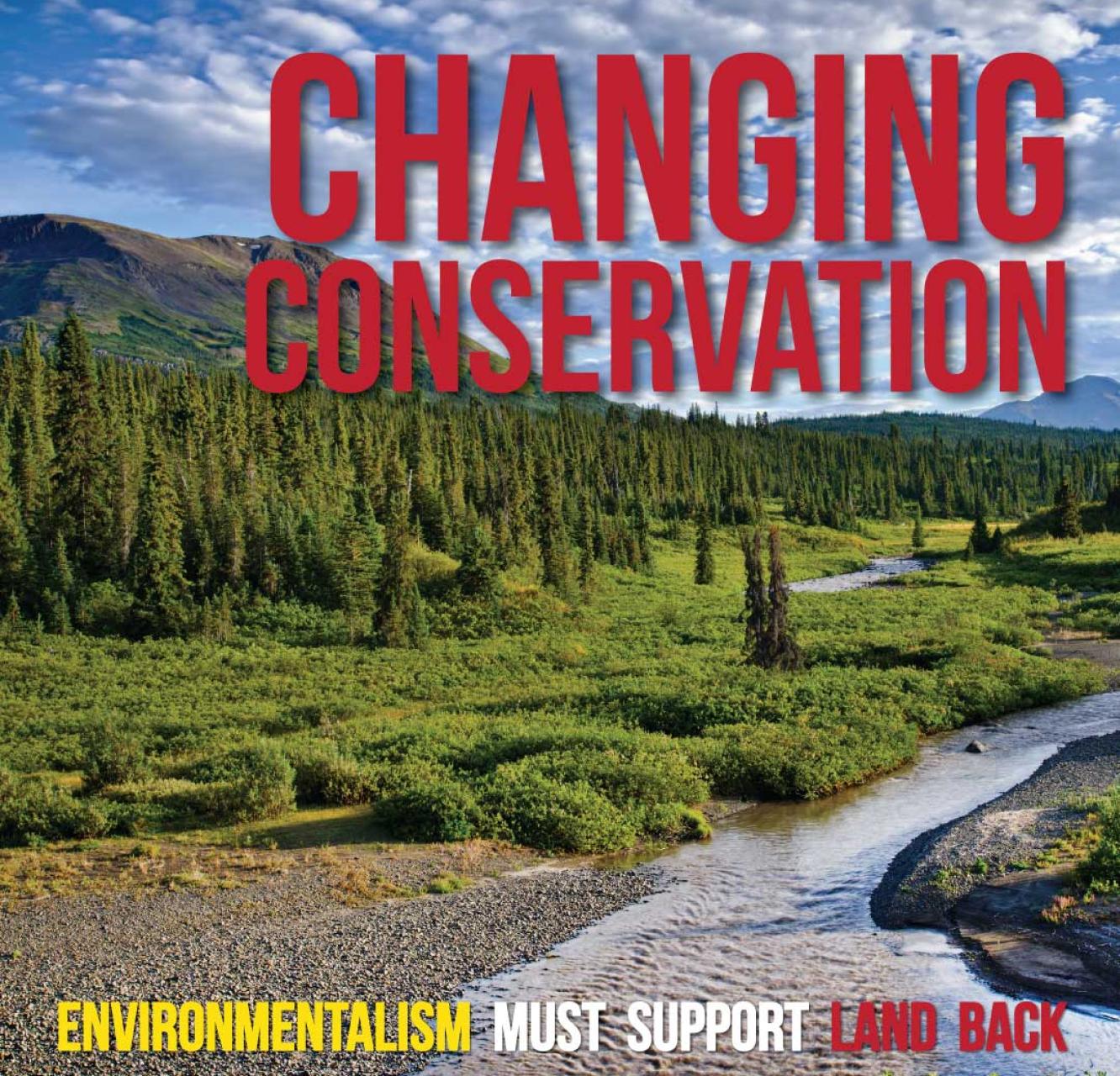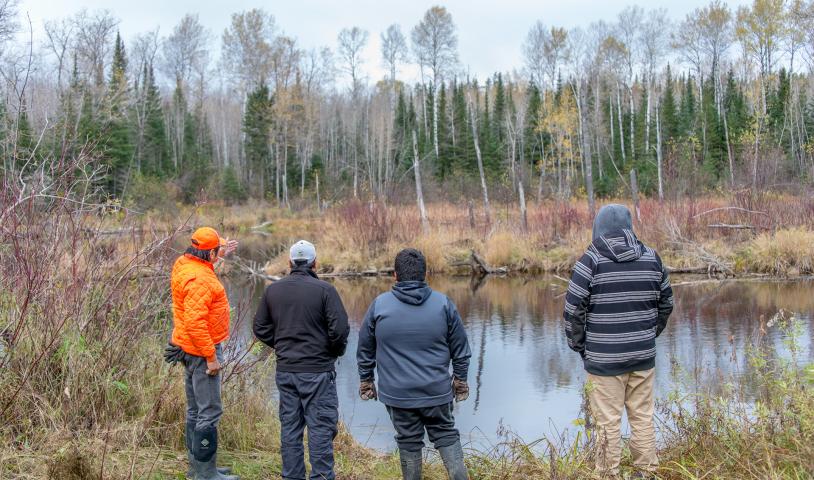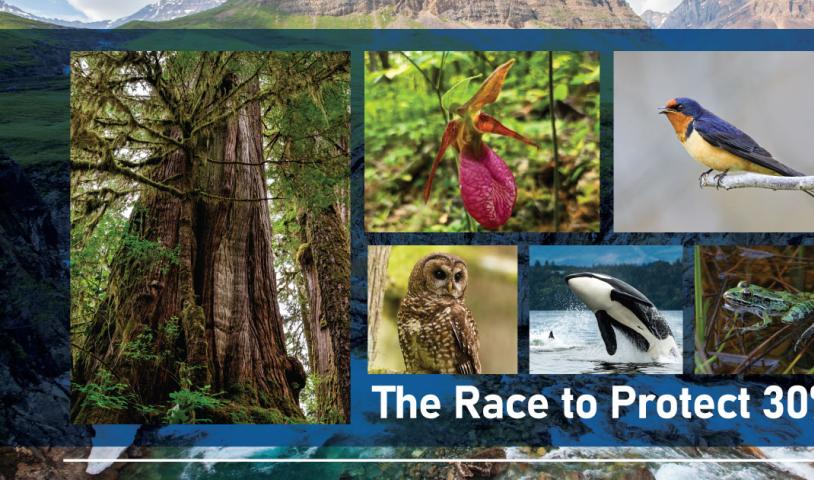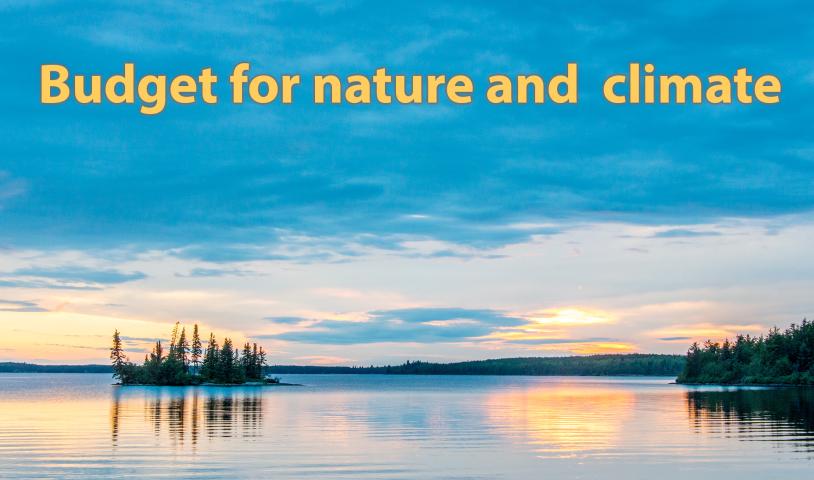Environmental Justice
No conservation without justice
Indigenous Peoples are the land and water’s first protectors. Every acre of land and body of water we seek to defend, we strive to do so with Indigenous Peoples, and with respect to their inherent rights to manage and steward their traditional territories. Environmental justice recognizes how systems of oppression like racism and colonialism create unfair impacts on certain communities. So when governments and industries prioritize profit above the planet and people, its Indigenous peoples, racialized people, women, the working and middle class, and people with disabilities who bear the brunt of the impacts.
At the Wilderness Committee, protecting ecosystems and fighting climate change has always been about more than trees and wildlife. Our fight must never lose sight of keeping communities safe, preserving livelihoods, and upholding dignity for our friends, families and neighbours.
Defending land means defending the people too
For our economy to succeed, it must deem forests, rivers and wildlife as expendable resources for profit. And the health and livelihoods of communities? Depending on which communities, that’s just an acceptable cost of doing business. In the name of profit, corporations pollute waterways and bulldoze forests, leaving barren landscapes in its wake.
And all too often, these hazardous projects happen near Indigenous, Black and racialized communities with neither consent nor remediation. An oil pipeline cutting through Wet’suwet’en First Nation in northern B.C., to mercury contamination on the territories of Grassy Narrows First Nation, and an open dump built in the midst of Africville in Nova Scotia.
Environmental issues cannot be separated from social issues. Because the ideology, and the power structures that hold it up, behind the systems that destroy environments will destroy people and communities too. The same way they decide what is expendable is largely connected to who is expendable. That’s what environmental justice is about.
Calling for solutions that address the root causes of biodiversity loss and ecosystem destruction must be part of our fight against fossil fuel expansion, destructive logging, irresponsible mining and other unsustainable development.
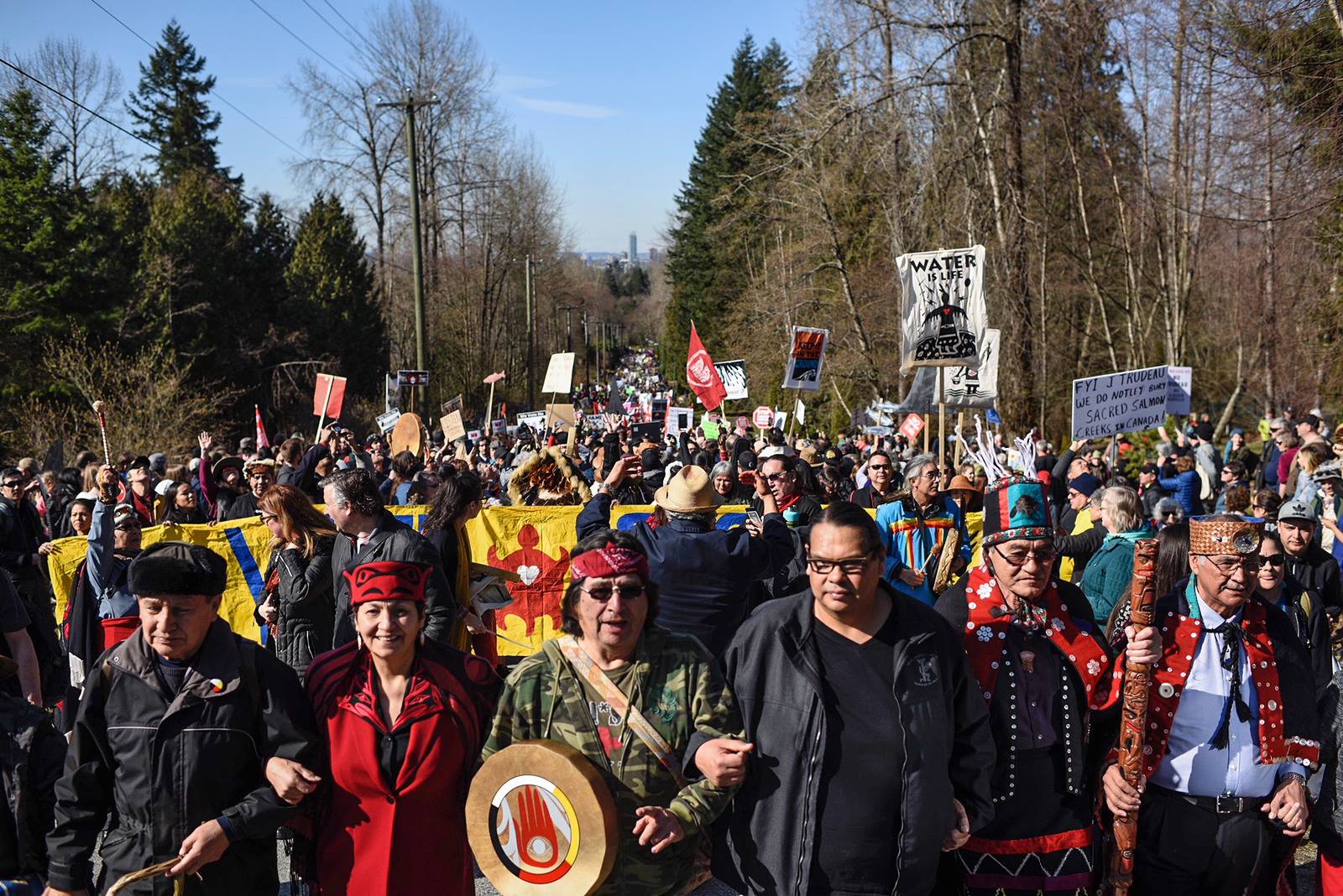
Climate justice as environmental justice
For too long, the climate crisis has been framed as an abstract environmental issue. Melting ice caps, emissions targets and polar bears on shrinking ice make the problem feel far away. But the truth is, the climate crisis is here, shaping our everyday lives and making them harder and more dangerous.
While the wealthiest are most responsible for emissions, it’s those who’ve contributed the least — and who already face racism, sexism, poverty and displacement — who are hit first and hardest. A hotter world affects us all, but especially those already marginalized. That’s why our climate activism is rooted in environmental justice as well. We must tackle these overlapping injustices and build solutions that uplift people and the planet together.
We uphold Indigenous rights and title
Every square kilometre of Canada is on the territory of First Nation, Inuit or Métis people. Beyond that, the Wilderness Committee upholds Indigenous sovereignty and their right to self-determination, including over their land and resources.
We’re humbled to work alongside many First Nations members to further their wishes, including:
- Serpent River First Nation, to protect endangered turtles on the north shore of Lake Huron
- Anishinaabe communities, to supporting proposals for new Indigenous Protected and Conserved Areas (IPCAs)
- Nuu-chah-nulth tribes, to map the territory and build trails on their territory
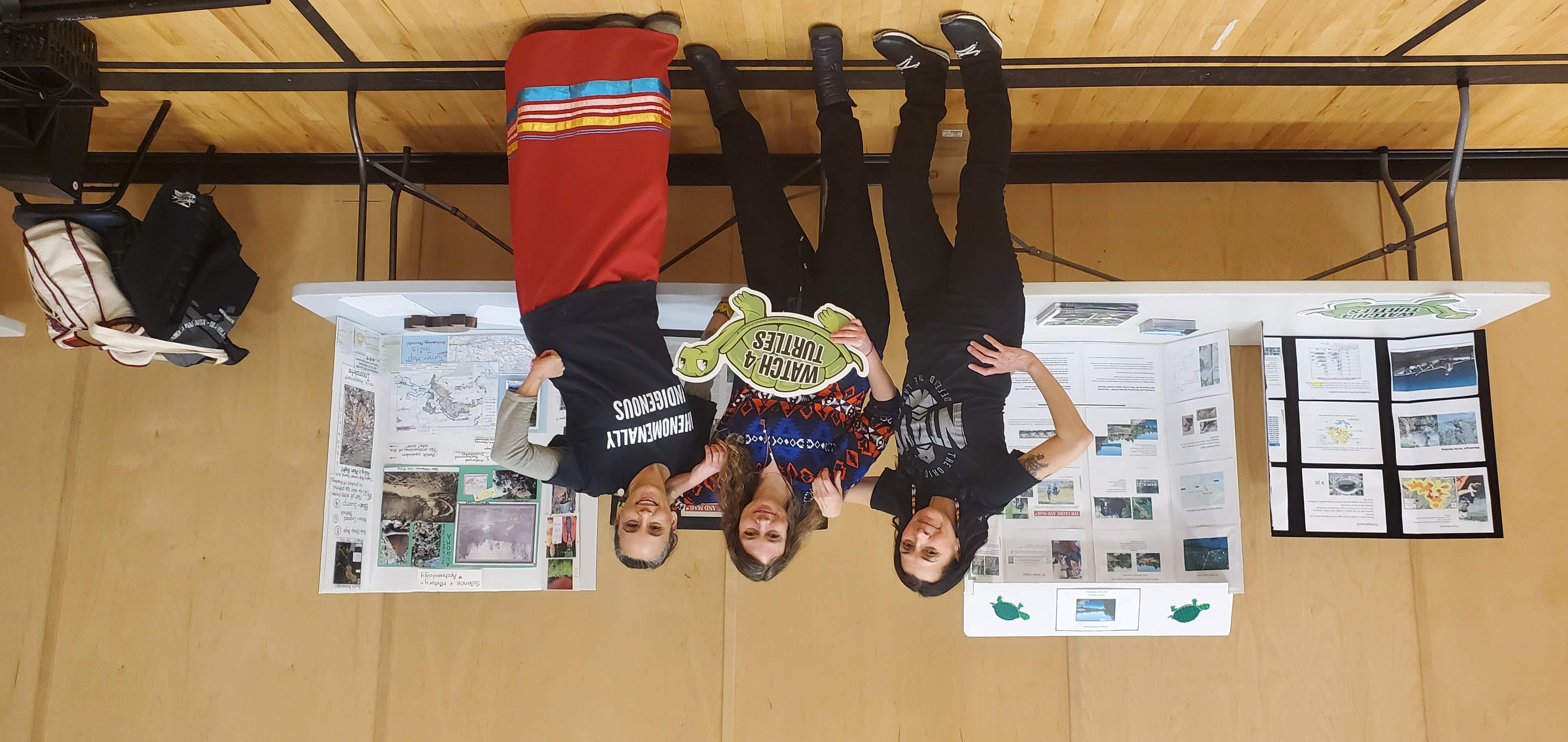
Being on the ground in a just way
Canada is in a biodiversity and climate crisis. But solving in ways that replicate colonial harms isn’t justice. National and provincial parks, for instance, are created from land seized from Indigenous people, who were then barred from hunting, fishing and carrying out traditional activities on their own land. At the Wilderness Committee, we believe the best way to protect land is to return control over to its original custodians.
Land is already at the core of what we do. We advocate for and with Indigenous Peoples for policies and laws that protect species and ecosystems, and for an economy that values care for the land and its residents over short-term profit.
That said, nearly all of our campaigns are rooted in place. From a tiny old-growth grove to a massive river valley, we take the time to know the land and the people connected to it. We’ve spent days hiking, bushwhacking, paddling, camping, and countless hours in conversation with community members who know these places best. Environmental and social injustices rely on the breakdown of connection and responsibility to each other and to the land. So we cultivate deep relationships with people and places — always moving at the pace of trust — as the foundation for a more just future.
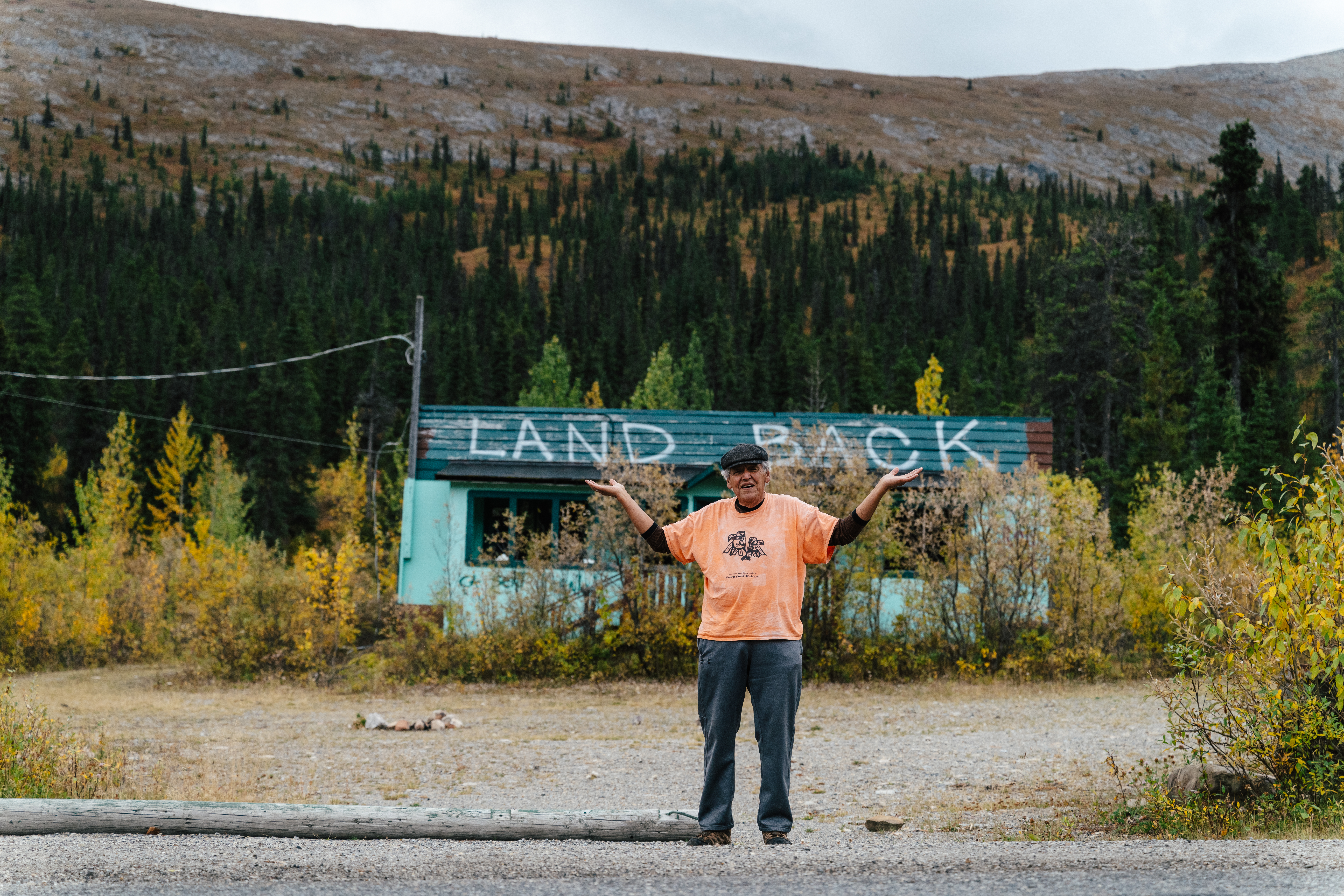
Changing Conservation: Environmentalism Must Support Land Back
Environmental justice means fighting for Indigenous rights. Environmental racism happens when polluting industrial activities are done closer to Indigenous and other marginalized communities. It happens when the process of creating desperately needed protected areas perpetuates the colonialism this country is built on by neglecting the rights of the peoples on the lands and waters parks are created on. Understanding this is key. Indigenous peoples are significantly more impacted by clear-cut logging, species extinction and climate change and environmental activism must acknowledge and tackle these injustices.
Join Us
Don’t miss your chance to make a difference. Receive campaign updates and important actions you can take to protect wildlife, preserve wilderness and fight climate change.

